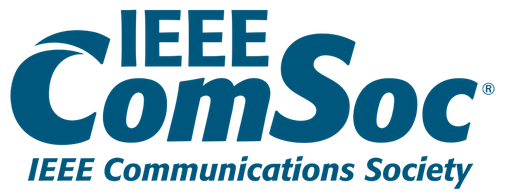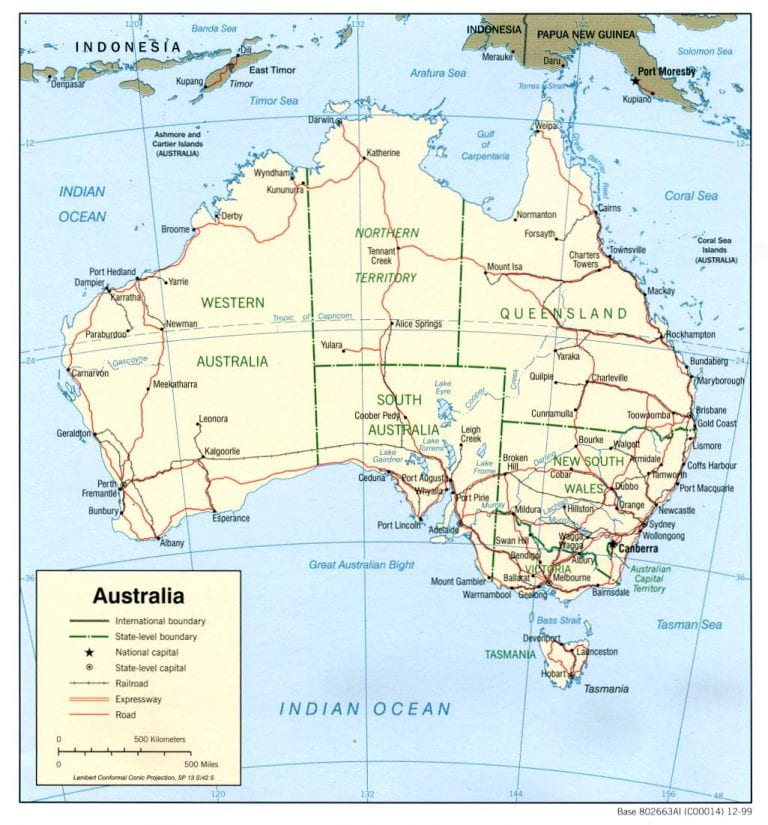Prof. Suresh Subramaniam and his colleagues Profs. Guru Venkataramani and Omur Ozel received a $584K award from NSF for the project titled, "Expedient computing: A framework for energy-efficient and timely computing at the edge". The project period is Oct. 2022 - Sep. 2025. A summary of the project is given below:
Emerging and future cyber-physical system applications demand timely processing at the network edge of large volumes of fresh data from sensor nodes, which may have limited processing ability and energy budgets. The sheer variety of envisioned applications and their requirements call for new performance metrics and strategies for balancing freshness of information, timeliness and accuracy of results, and the energy consumed in producing those results. This project proposes and develops a new holistic framework called Expedient Computing, in which results are produced as quickly as needed, with as much precision/accuracy as needed, using information that is as fresh as needed. The specific research objectives of the project include: (i) characterizing fundamental tradeoffs in expedient computing, (ii) exploration of emerging hardware designs in edge servers for expedient computing, (iii) developing an integrated optimization framework for expedient computing, and (iv) demonstrating expedient computing principles. This cross-disciplinary project will draw upon expertise in hardware architecture, network optimization and performance analysis, algorithms, and fundamental limits.


